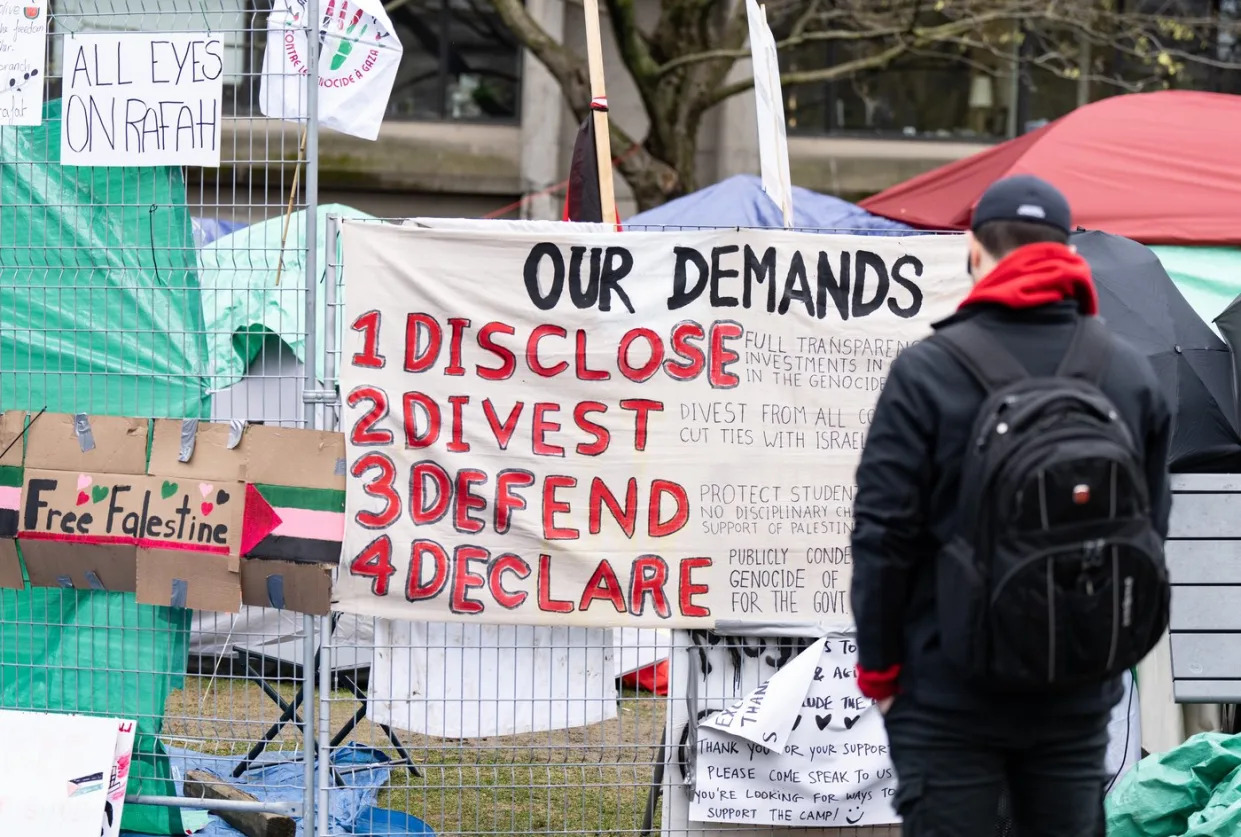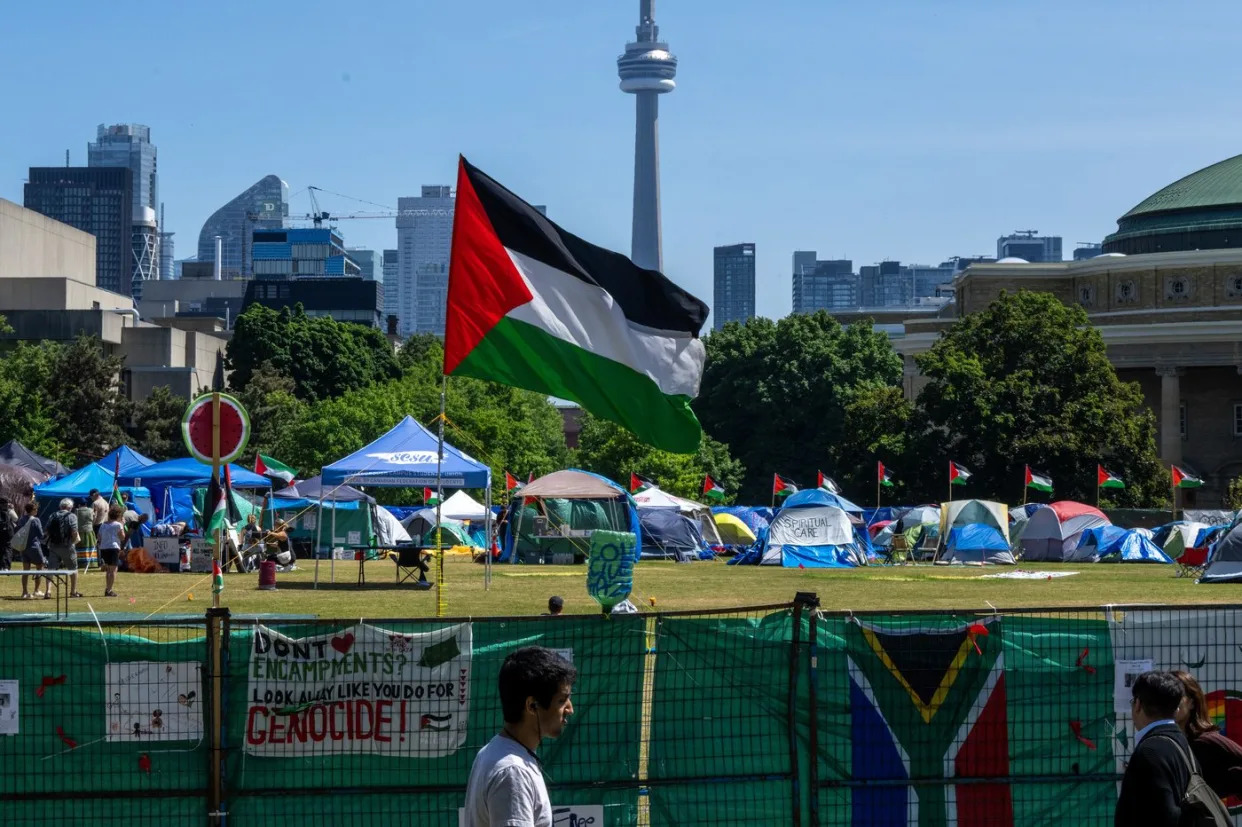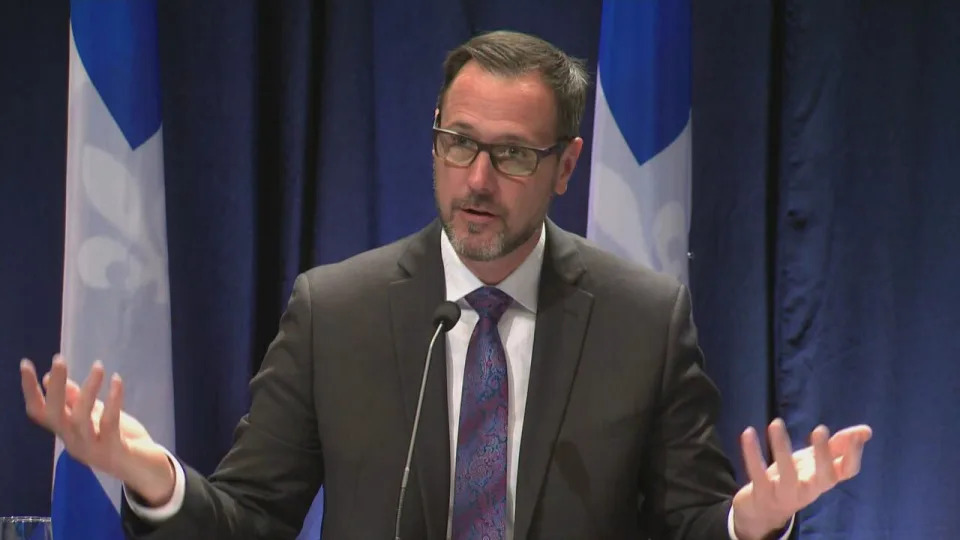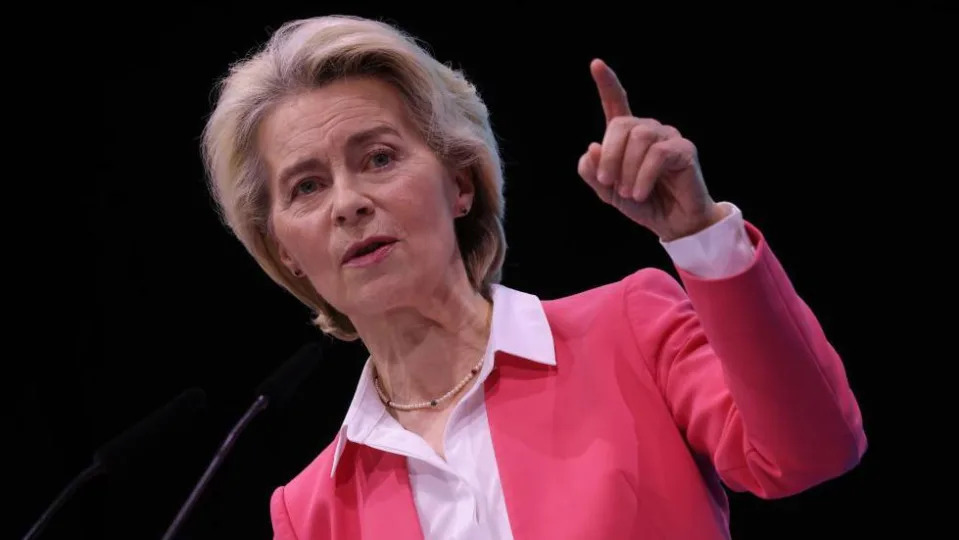JUST LIKE THE REAL THING
Plant-based Ultraprocessed
foods linked to heart disease,
early death, study says
Want to reduce your risk of developing chronic disease and live longer while also helping the planet? Eat a plant-based diet, experts say.
Does that mean you can fill your plate with boxed macaroni and cheese, deep-dish frozen veggie pizza or fast-food French fries and have a doughnut or three for dessert?
While all of those ultraprocessed choices may be meat-free, they are not without risk, said Duane Mellor, a registered dietitian and senior teaching fellow at Aston Medical School in Birmingham, United Kingdom.
“We can’t always assume plant-based means healthy, as after all sugar is plant-based,” Mellor said in a statement. “Many foods that do not contain animal products, which includes biscuits, crisps, confectionary and soft drinks, are technically plant-based but would not be considered essential as part of a healthy diet by the majority of people.”
In fact, eating such plant-based junk foods dramatically raises bad cholesterol and hypertension and can lead to associated heart disease and early death, according to a new study authors call “the first” to show ultraprocessed plant foods are associated with an increase in the risk of cardiovascular diseases.
“Eating plant-based products can be beneficial, acting as protection against health problems, or it can represent a risk — it all depends on the level of processing of these foods,” said senior study author Renata Levy, a researcher in the Epidemiological Research Center in Nutrition and Health at the University of São Paulo, known as Nupens/USP, in Brazil.
Ultraprocessed foods undergo multiple industrial processes, such as heating, fracking of nutrients and proteins, molding and compression, and have added chemicals to cosmetically alter color, smell, taste and texture. Foods in this category are formulated to be hyper-palatable to human taste buds and are often extremely convenient, requiring little to no preparation time.
Unprocessed foods include fresh fruits and vegetables, eggs and milk. Minimally processed foods include culinary ingredients such as salt, herbs and oils, and foods such as canned goods and frozen vegetables that combine culinary ingredients with unprocessed foods.
“Food additives and industrial contaminants present in these foods might cause oxidative stress and inflammation, further aggravating the risks,” said first author Fernanda Rauber, a researcher with Nupens/USP.
“Therefore, our results support the shift towards plant-based food choices that consider the degree of processing to improve cardiovascular health outcomes,” Rauber said in a statement.
Eat fresh and frozen minimally processed plants
The study, published Monday in the journal The Lancet Regional Health — Europe, utilized data collected from the UK Biobank, a longitudinal study that includes participants from England, Scotland and Wales. More than 118,000 people between the ages of 40 and 69 years answered questions about their diet. That information was later linked to hospital and mortality records on the development of cardiovascular risk factors.
Ultraprocessed foods made from plants increased the risk of cardiovascular disease by 5% while increasing the risk of early death by 13%, the study found.
Researchers also found that each 10% replacement of plant-based ultraprocessed foods with fresh, frozen or minimally processed plants lowered the risk of developing cardiovascular disease by 7% while offering a 13% reduction in the risk of dying from heart disease.
The study also looked at plant-based meat products, such as sausages, nuggets and burgers, which by their very nature fall into the ultraprocessed bucket. However, it was hard to determine just how much risk those foods carried, said Peter Scarborough, a professor of population health at the University of Oxford in the UK. He was not involved in the study.
“Plant-based meat alternatives make up only 0.5% of all the plant-based ultraprocessed foods included in this paper,” Scarborough said in a statement.
Over half of the plant-based ultraprocessed foods studied in the paper were packaged breads, pastries, buns, cakes and cookies

“It is therefore very difficult to conclude from this paper that plant-based meat alternatives are bad for your health,” Scarborough added.
In addition, much of what is reported in the paper is already known, said Tom Sanders, professor emeritus of nutrition and dietetics at King’s College London, who was not involved in the study.
“It is well accepted that well-balanced plant-based diets such as the Mediterranean or DASH diets are favorable for cardiovascular health and these already emphasize avoiding unhealthy foods such as crisps etc., sugar sweetened beverages, cakes, biscuits and confectionary,” he said in a statement.
“These latter foods are unhealthy regardless of whether they are made industrially or home-made.”




















